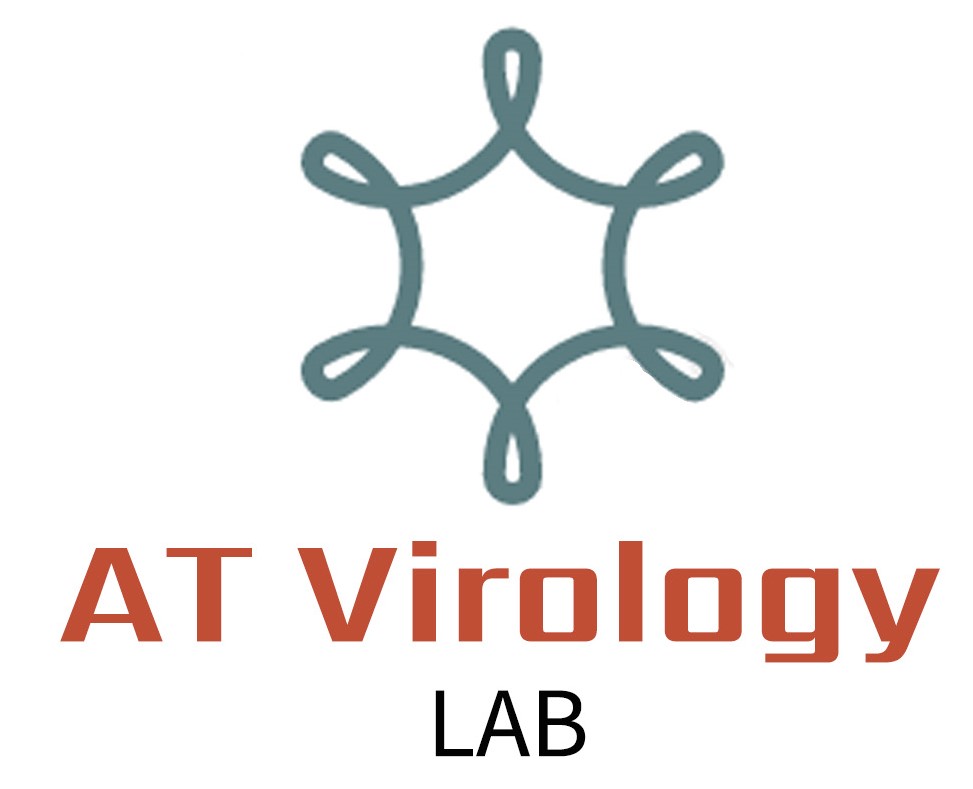Severe acute respiratory syndrome coronavirus 2 (SARS-CoV-2) continues to spread globally, and scientists around the world are currently studying the virus intensively in order to fight against the on-going pandemic of the virus. To do so, SARS-CoV-2 is typically grown in the lab to generate viral stocks for various kinds of experimental investigations. However, accumulating evidence suggests that such viruses often undergo cell culture adaptation. Here, we systematically explored cell culture adaptation of two SARS-CoV-2 variants, namely the B.1.36.16 variant and the AY.30 variant, a sub lineage of the B.1.617.2 (Delta) variant, propagated in three different cell lines, including Vero E6, Vero E6/TMPRSS2, and Calu-3 cells. Our analyses detected numerous potential cell culture adaptation changes scattering across the entire virus genome, many of which could be found in naturally circulating isolates. Notable ones included mutations around the spike glycoprotein's multibasic cleavage site, and the Omicron-defining H655Y mutation on the spike glycoprotein, as well as mutations in the nucleocapsid protein's linker region, all of which were found to be Vero E6-specific. Our analyses also identified deletion mutations on the non-structural protein 1 and membrane glycoprotein as potential Calu-3-specific adaptation changes. S848C mutation on the non-structural protein 3, located to the protein's papain-like protease domain, was also identified as a potential adaptation change, found in viruses propagated in all three cell lines. Our results highlight SARS-CoV-2 high adaptability, emphasize the need to deep-sequence cultured viral samples when used in intricate and sensitive biological experiments, and illustrate the power of experimental evolutionary study in shedding lights on the virus evolutionary landscape.
Publications by Year: 2023
2023
Cost-effective, and accessible vaccines are needed for mass immunization to control the ongoing coronavirus disease 2019 (COVID-19), especially in low- and middle-income countries (LMIC).A plant-based vaccine is an attractive technology platform since the recombinant proteins can be easily produced at large scale and low cost. For the recombinant subunit-based vaccines, effective adjuvants are crucial to enhance the magnitude and breadth of immune responses elicited by the vaccine. In this study, we report a preclinical evaluation of the immunogenicity, efficacy and safety of a recombinant plant-based SARS-CoV-2 RBD vaccine formulated with 3M-052 (TLR7/8 agonist)-Alum adjuvant. This vaccine formulation, named Baiya SARS-CoV-2 Vax 2, induced significant levels of RBD-specific IgG and neutralizing antibody responses in mice. A viral challenge study using humanized K18-hACE2 mice has shown that animals vaccinated with two doses of Baiya SARS-CoV-2 Vax 2 established immune protection against SARS-CoV-2. A study in nonhuman primates (cynomolgus monkeys) indicated that immunization with two doses of Baiya SARS-CoV-2 Vax 2 was safe, well tolerated, and induced neutralizing antibodies against the prototype virus and other viral variants (Alpha, Beta, Gamma, Delta, and Omicron subvariants). The toxicity of Baiya SARS-CoV-2 Vax 2 was further investigated in Jcl:SD rats, which demonstrated that a single dose and repeated doses of Baiya SARS-CoV-2 Vax 2 were well tolerated and no mortality or unanticipated findings were observed. Overall, these preclinical findings support further clinical development of Baiya SARS-CoV-2 Vax 2.
